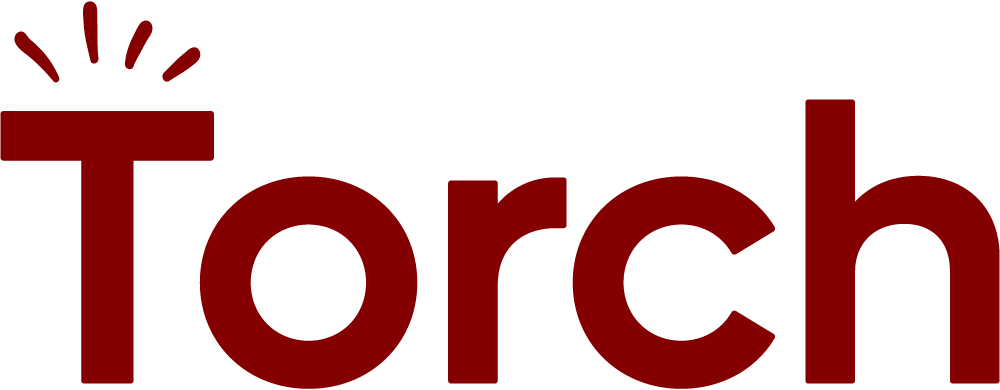Among the thousands of people who recently quit their jobs during the Great Resignation, new data shows fifty-one percent cited the same reason for leaving: belonging. Those from underrepresented groups were even more likely to say this.
Over the past few years, we have seen how much the employee-employer relationship has been strained. The most self-aware companies have taken this time to reflect on how they can improve their connection with and care of workers—and there has been special, much needed attention to historically marginalized groups. For these groups, being an employee in corporate America has been paradoxical—rewarding, because of the increased attention on corporate DEI, yet frustrating and tiring since many companies have also relied on their underrepresented talent to help navigate or lead this change. This paradox is so aptly explained by a DEI consultant and Mercer alumn, “Experiencing discrimination can be traumatizing, and not all employees of marginalized groups will want to explain or share their experiences. Those who do wish to participate in DEI efforts are thankful for the opportunity to engage with leaders and share their thoughts and experiences, but many question why the substantial work of driving change continues to fall on them.”
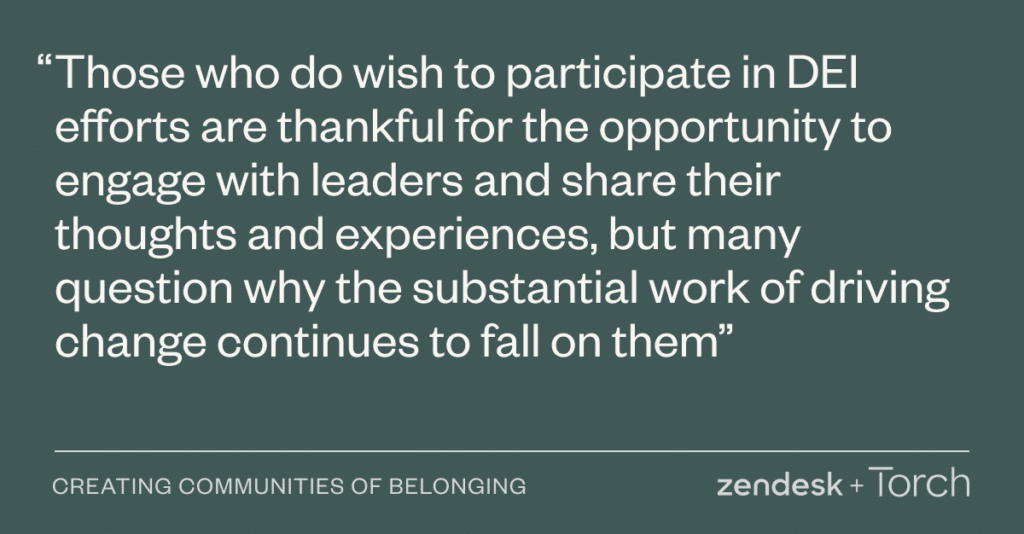
How do we continue to move beyond the status quo and create companies of belonging to help those individuals feel a sense of connection to the mission and culture? Let’s explore the concept of communities of belonging and how they can be more accurately designed and positioned to meet the needs of these groups.
First, take a moment and think about your own needs throughout your career journey. You’ve likely encountered at least one career crossroads. It’s an internal crisis that has you questioning your value, purpose, and position. Now imagine that internal crisis being reinforced by years of disfranchisement and/or tokenism—it only exacerbates feelings of isolation. To address this, companies must examine how a sense of belonging factors into employees’ search for meaning in their work and the role work plays in their overall quality of life.
The human experience must still be tended to as leaders and allies continue to leverage this unique time in history to accelerate important conversations and make changes to rigid, exclusionary policies that impede diversity and equity efforts. This means not only defining and meeting those topline DEI metrics, BUT ALSO creating a culture of belonging as a fundamental requirement of an employee’s experience. “The best leaders will create a culture that embraces flexibility and prioritizes employee wellbeing—understanding that this is a competitive advantage to build a thriving organization and drive long-term growth.”
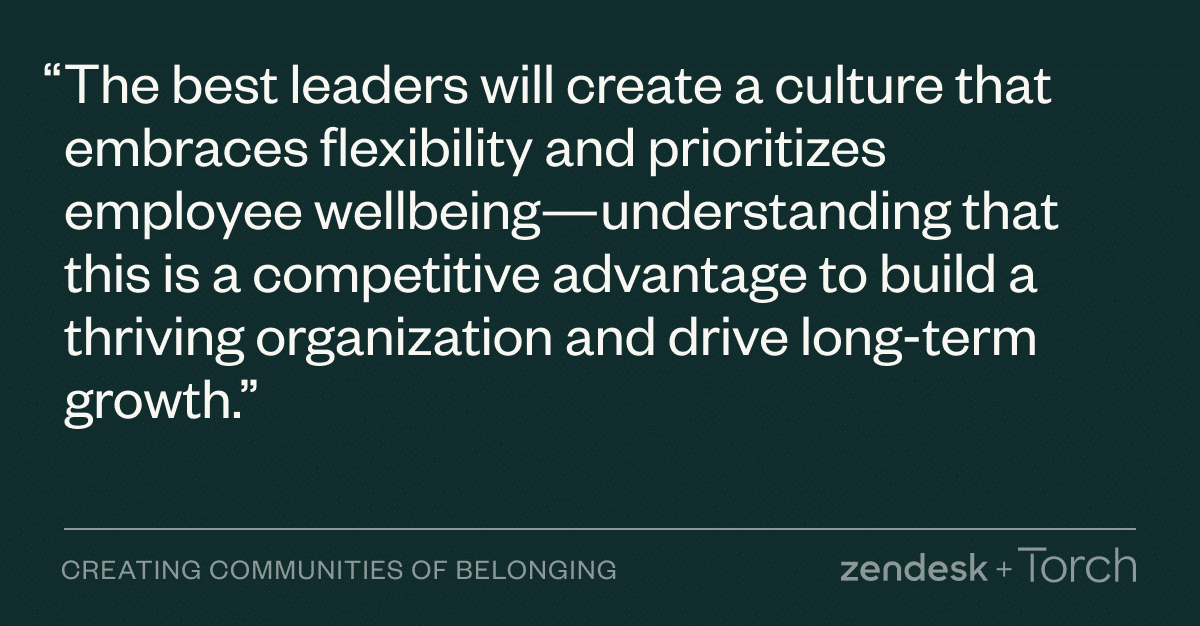
For leaders interested in building a community and culture of belonging, here are insights from examples outside and within a corporate structure.
Outside a corporate structure
“Technology has opened all our eyes—not only those of Millennials and Gen Zers—to new cultures and new lifestyles. And in doing so, it has widened everyone’s opportunities for belonging to global communities, alongside local ones, and to virtual groups side by side with physical cliques.”
Before joining Torch, I created my own community of belonging in Career Safari: a space to tell the dynamic career stories of women from around the world, and to normalize the diversity and complexity of our career journeys. For me it was important to focus on women from different nations and career backgrounds—allowing them to share their narratives about what being a career woman means. My hope is to give women more support to make unconventional choices that would benefit them. Since its inception in 2018, Career Safari has turned into a podcast and broader platform that over 7,000 individuals, mostly women, use to heal, learn and share advice on their work experiences. There is certainly a level of candor and freedom that comes with connecting with a group outside of a more formal work structure. However, workplaces should provide a safe space for individuals to discuss any career crisis, nevertheless how life outside of work may be impacting their wellbeing.
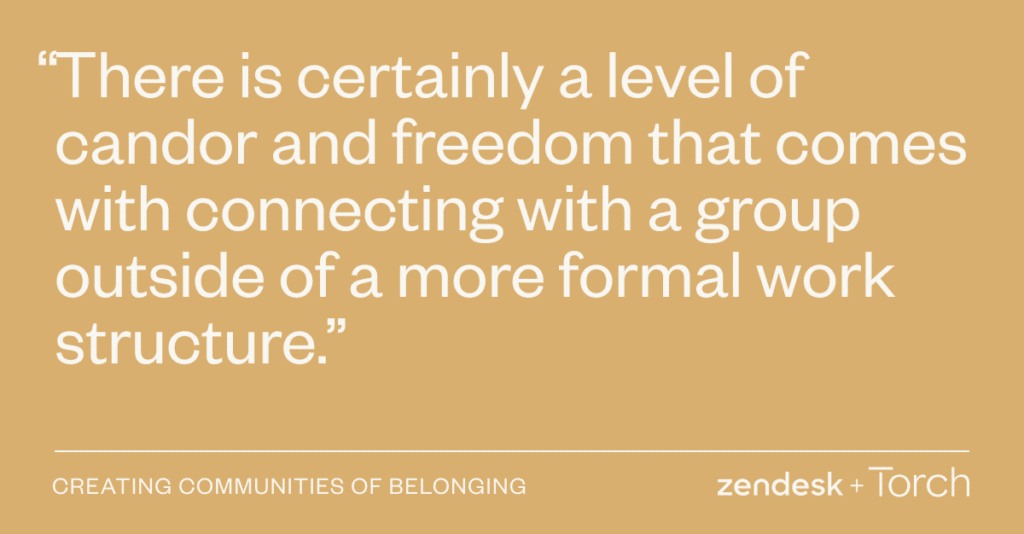
On the other side of an internal crisis should be breakthrough—a renewed sense of self confidence and direction, usually accompanied by the desire to make some life changes. Yet, members of underrepresented groups are rarely entrusted to take leaps and make pivots inside their companies. The result is many of them once again feel isolated and less committed, causing them to leave the company, or even find another outlet for their skills or needs. Indeed, it’s a growing trend that workers who don’t feel that sense of belonging are creating it themselves. In the United States, the fastest growing group of entrepreneurs are black women, 70% of Gen Z and 67% of Millennials are considering earning additional income outside their current employer via a side project or business in the year ahead. When I speak with entrepreneurs and ask why they weren’t able to test their business idea at their prior place of employment, the response is some version of, “they would never let me.” When employees don’t feel they belong, it negatively impacts employee engagement, performance and innovation.
If companies don’t act on this, they will continue to experience employee attrition and lost opportunities because they are not embracing the learning and innovation that comes with being safe and supported to take risks.
In a corporate structure
In 2021, Zendesk piloted “Ignite,” a new leadership development program. The case for Ignite was driven by multiple strategic imperatives, including the need to grow and engage talent within an inclusive performance culture. In this initial pilot, 100 employees and 50 managers at Zendesk were provided a robust peer and professional support structure. Powered by Torch, employees received a full suite of experiences including: intensive group coaching, peer support, individual mentors from across a variety of industries, and curated sessions with C-level staff.
Zendesk saw a 91% increase in employees’ motivation to take on more responsibility and own their careers. What makes this program even more impactful, as it relates to belonging, is the role of the manager. Zendesk recognized that the employee’s relationship with their manager is a critical success factor. To that end, they provided a parallel manager development experience through group coaching sessions and learning pathways that focused on sponsoring and fostering psychological safety for women and communities of color. Through Ignite, Zendesk addressed belonging within its culture, the influential position of leadership and by creating well-resourced, safe communities for employees to grapple with their role—ultimately creating an environment for underrepresented talent to thrive.
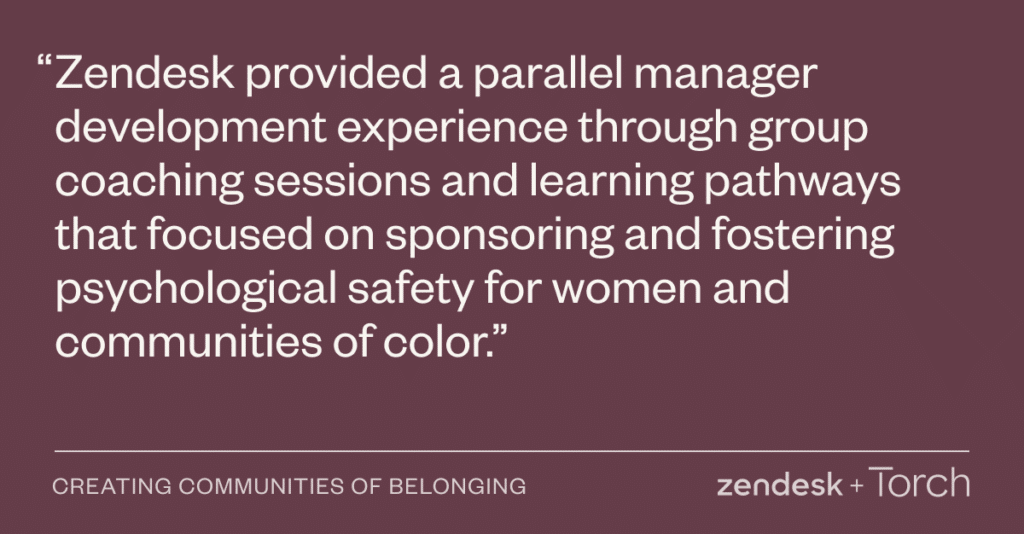
As next steps, Zendesk continues to foster a culture that will ensure underrepresented talent can obtain senior leadership positions, understand the career paths they need to get there, create opportunities to build key internal relationships, and establish a long-term career at the company. Zendesk has experienced great success across Ignite’s metrics including participant engagement, perceived value, and reported behavior change. They plan to continue the program with a new group of participants in order to drive change and reach more of their underrepresented talent.
Creating the Career Safari community and working at Torch with Zendesk and other customers continues to emphasize how the sense of belonging is a critical factor for any individual’s success within a company. For women and people of color especially, this continues to be one of the leading reasons why they leave jobs. It has also caused many to create unique products and communities within a corporate structure, outside of one, or both.
Other insights:
- Get real about how employees are experiencing your company at different levels and within different demographics groups via surveys and focused discussions
- Provide learning and peer support opportunities for employees and managers
- Allow and encourage company sanctioned and informal communities for people to connect and discuss the intersectionality of their experiences
- For company sanctioned groups, allocate budget for engagements, provide exposure to company leadership and give them access to influence the greater corporate culture and strategy – these groups can exist as an avenue for moral support for individuals and as internal think-tank for leadership.
If you are considering fostering equitable career growth opportunities at your company, I encourage you to download the Zendesk story, written by the Josh Bersin Company, and read about the perspective that led to the Ignite program, as well as an overview of their other programs.
